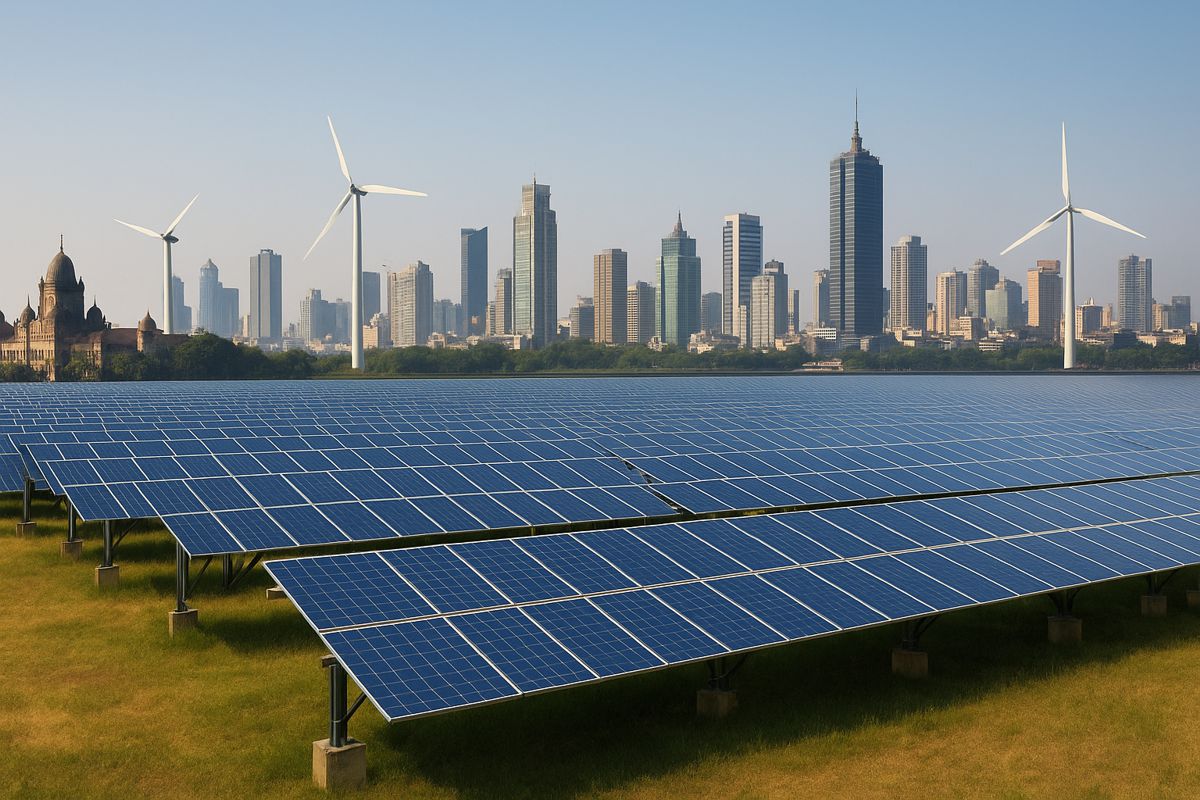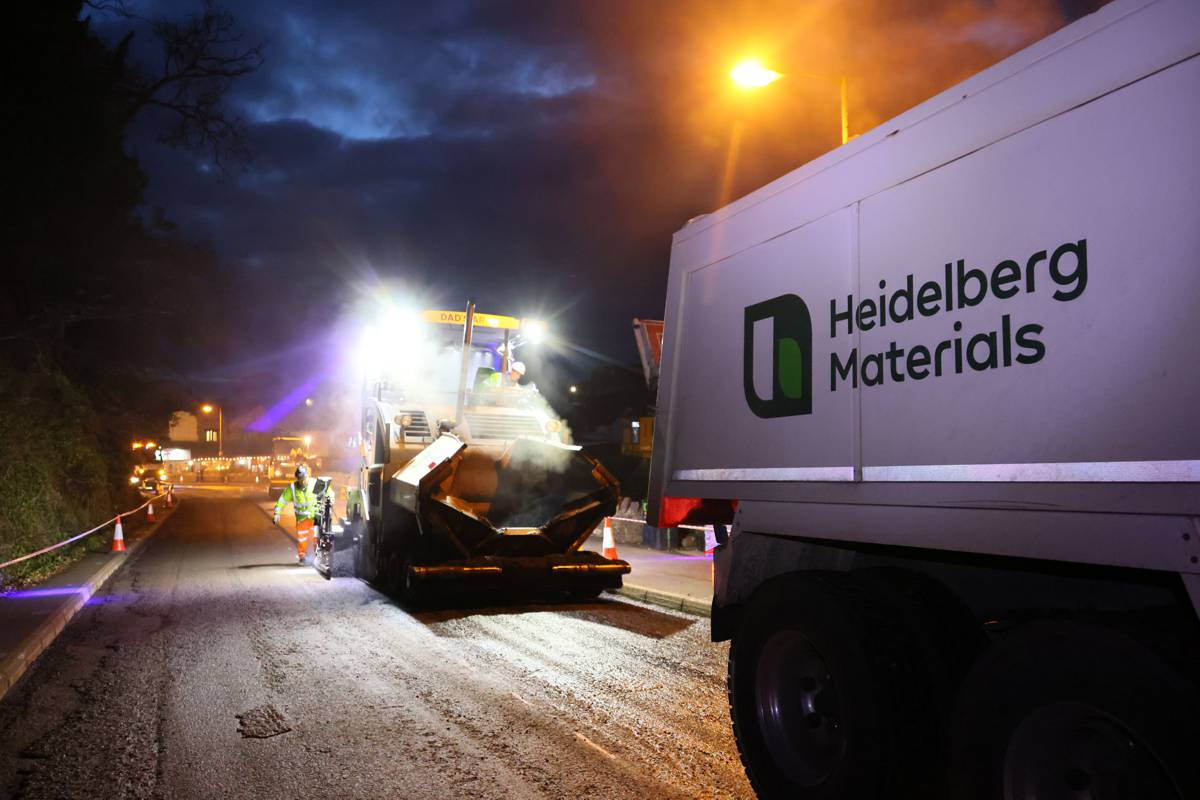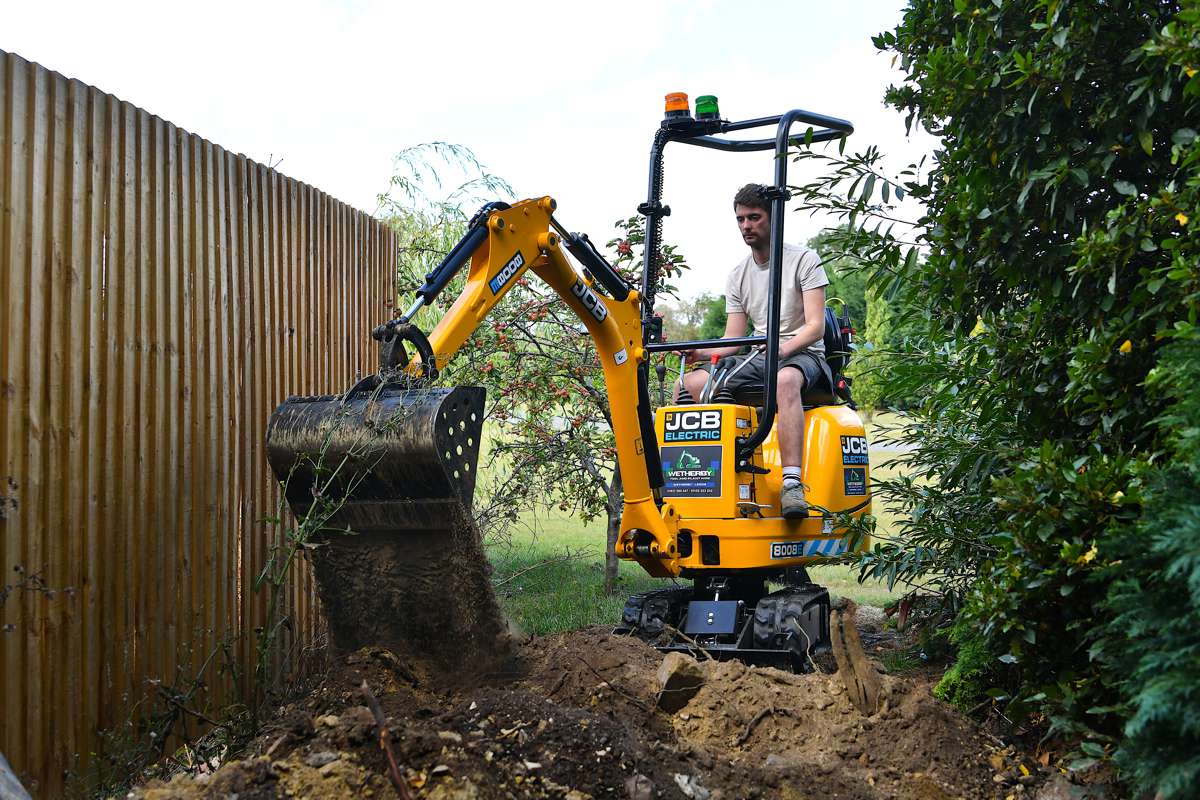Greater reliance on electricity and more frequent extreme weather poses risk to society
As society in general is becoming increasingly technologically advanced and reliant on electricity, the trend is making us more vulnerable in extreme weather conditions, which the UN climate panel, IPCC, says may be more common in future as a consequence of climate change.
Powerful storms are the most likely cause of both relatively prolonged and geographically widespread disruption in the electricity supply. There are, of course, backup systems in place for essential functions in society, but these can also be affected in the event of prolonged disruption.
One recent example is Storm Alfrida, which left some 100,000 households in Sweden without power. In Åland, Finland, the consequences were very severe as the storm at one point caused power outages to 93 percent of the households.
The latest IPCC report warns that extreme weather may become more common in the future. Combined with society’s increasing digitalisation and dependency on electricity, this development will make us more vulnerable.
“We’re seeing that the combination of our increased reliance on electricity and forecasts of an increase in storms is something that needs to be taken seriously. Society is generally fairly well equipped to cope with short-term power cuts, but stronger storms and prolonged power cuts can have a significant economic impact on society and cause disruption. We need to be better prepared for these kinds of situations,” advices Sanna-Maria Järvensivu, expert of built environment risk management at Sweco.
A new Urban Insight report presents specific action that needs to be taken to reduce vulnerability, for example energy storage and move towards underground cables.
Urban Insight is based on a series of insight reports written by Sweco experts on various aspects of urban development from a citizen perspective. Read the report here.




















